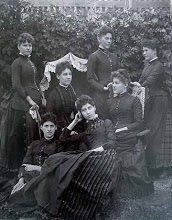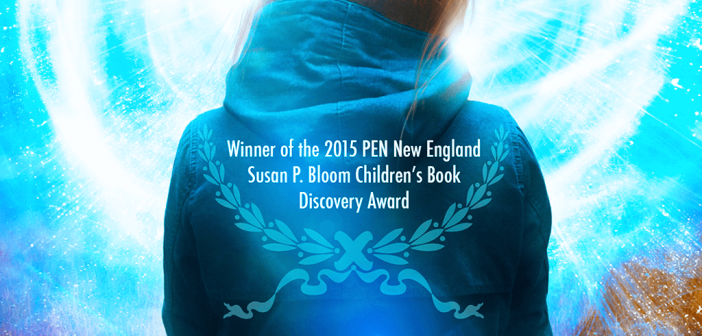
Why Do I Write In Reverse? by K.R. Conway
Not long ago I was on the phone with another author friend while hashing out a story idea I had. When I was done, she replied, “Dude – you’re incapable of writing a straight contemporary story.”
Word.
The truth is, she’s right. I mean, I COULD do it, but at some point there would be a sizable, Kindle-hurling twist or the whole thing would just go off the rails a’la Spielberg’s Super 8 or something like that.
I blame this tendency to write like a loon on two things: genetics and writing in reverse.
The genetics is, well, crazy encoded.
Writing in reverse, however, is teachable and explainable:
Writing in Reverse forces me to dig deeply into the characters – their personalities, complexities, voice, drive, etc. It is the ULTIMATE tool for writing characters that come screaming off the page and haunt the reader well past the end of the book. And, personally, I like to torture them (both characters and, yeah, maybe the reader too).
Writing in Reverse (WIR) allows me to jump down the line in the story and test out plot threads and story layers against my characters. By using WIR, I know (well in advance) if something isn’t going to work with my cast because I’m building REAL fictional people who will not be forced into something that is against their natural “character.” Kinda like my real-life teenager . . .
Readers HATE that – when a character does something that doesn’t make sense for THAT particular character.
WIR also allows me to build detailed backstories and motivations for my characters. It allows me to change traits, modify voice, and in general build a cast that I can write for without even thinking about it. I know instinctively how a character will react / say / do in ANY situation and it makes writing a breeze.
Great stories lay down a path which forces the character to make choices based on who they are as a real person, not necessarily on what the author wants. That’s what WIR does brilliantly. It works great for any genre, even if it’s straight contemporary.
That said, I’m weird, so when I start playing around with a story idea, it usually starts out like this:

And ends up like THIS:

(This blog post was originally found at Cape Cod Scribe by clicking HERE)


